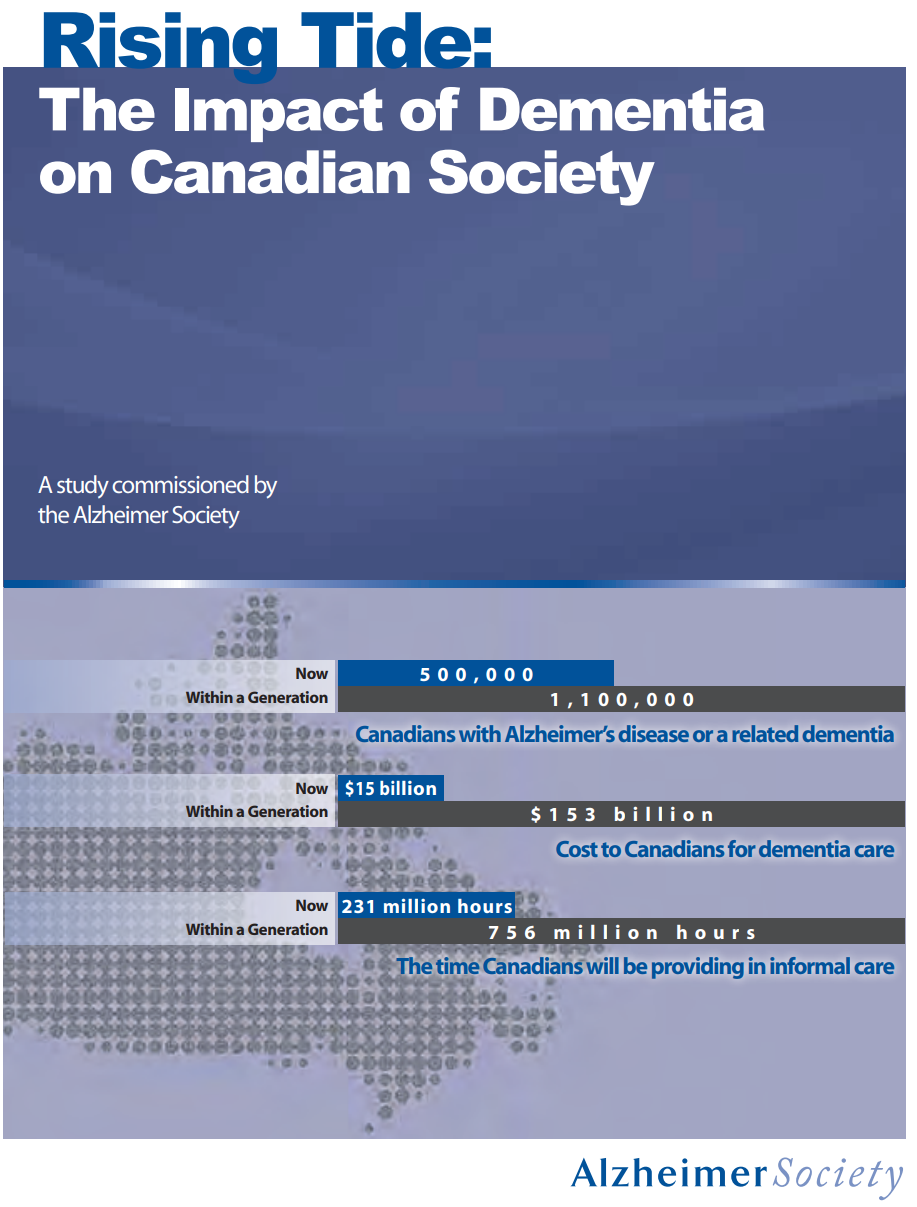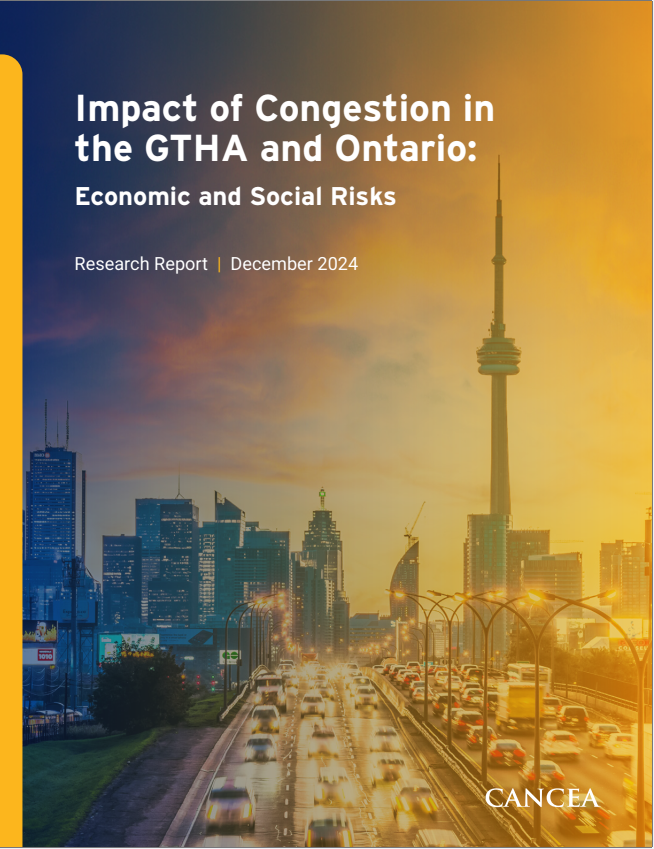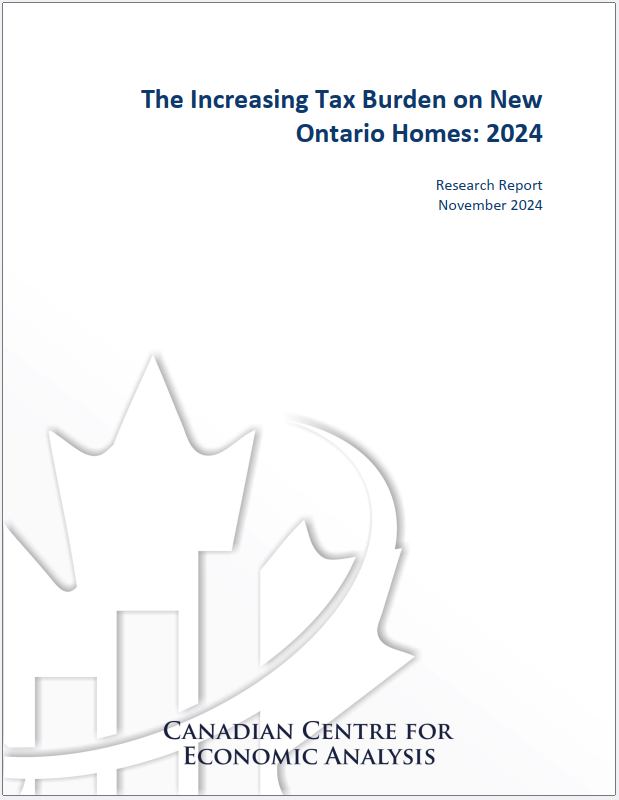Rising Tide 2008
Canada is facing a dementia epidemic and needs to take action now. Approximately 500,000 Canadians have Alzheimer’s disease or a related dementia today. It is the most significant cause of disability among Canadians (65+) and it already costs Canadian society many billions of dollars each year.
For the past decade, dementia and its potential impacts on national economies have been the subject of growing interest around the globe. Forecasts show that within 20 years, worldwide prevalence will increase two-fold. There are more than 35 million people with dementia in the world at this time. It is estimated that by 2050, this number will increase to 115 million people1 . Canada, too, can expect a several-fold increase in dementia in the coming decades.
The governments of Australia, Norway, the Netherlands, Scotland, England, France, and the European Parliament have all taken steps to study dementia and its consequences. Many have chosen to make dementia a national priority. Canada has yet to take these steps.
The Need for Current Information
The Canadian government, dementia researchers and the Alzheimer Society have been using the 1991 Canadian Study on Health and Aging (and the longitudinal follow-up of 1996) as the most recent basis for understanding the prevalence, incidence and economic consequences of dementia. The costs for health care, medications, diagnostic imaging and labour have all increased well beyond what was forecasted in 1991, and newer studies from other countries have shown that the true costs of dementia are markedly higher than previously projected.
Canada requires a national plan grounded in an up-to-date and comprehensive understanding of the dementia burden in Canada, in order to quantify, prepare for, and mitigate the impact of dementia. The Alzheimer Society has begun work towards such a plan.
The Rising Tide study was launched in 2008 in order to gain understanding of the demographic and epidemiological profile of dementia in Canada, to develop a future picture of the health and economic burden of dementia on Canadian Society, and to introduce a discussion of what can be done to reduce the impact. CANCEA (previously RiskAnalytica), a science-based risk management firm with expertise in population health analysis, was engaged by the Alzheimer Society of Canada for this research project. Specifically, the study was commissioned to generate:
- the projected prevalence of dementia in Canada by sex and age-group for a 30-year period;
- the projected economic burden of dementia in Canada for the next 30 years;
- a platform for evaluating and comparing proposed intervention strategies to mitigate the impact of dementia on Canadian society.
Four intervention scenarios were generated using the platform, to illustrate its potential as an on-going evaluation tool for policy analysis and decision-making;
a scan of the comparative health policy context to ensure that Canada’s approach to dementia can capitalize on and work within the current health system.
CANCEA’s Life at Risk® evaluation framework is a sophisticated platform for evaluating the relative impact of strategies that may inform future policy, economic and investment decisions. It was used to generate the Dementia Base Case – an estimate of the health and economic impacts of dementia in Canada over the next 30 years, assuming no change in current policy, treatment or health interventions.
In addition, the Alzheimer Society, RiskAnalytica and a network of leading dementia subject matter experts framed and evaluated a variety of “what-if” scenarios to simulate potential interventions and the health and economic outcomes that would result from each.











